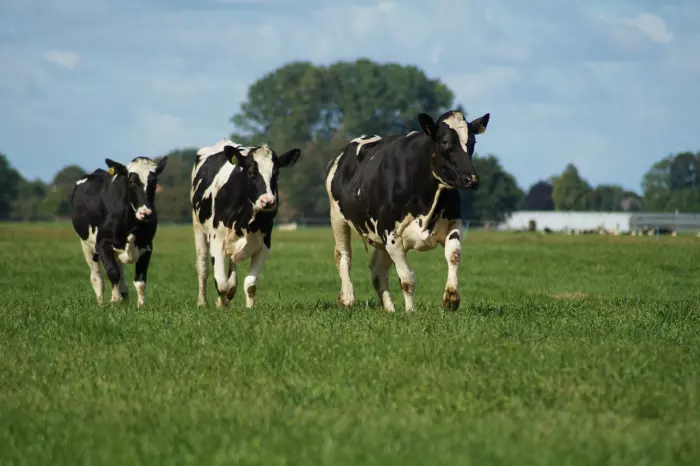Arrivals from Indonesia are now banned from bringing any meat products to New Zealand as Biosecurity NZ ramps up attempts to stop foot-and-mouth disease (FMD) from reaching the country.
Deputy director general Stuart Anderson said the step to stop allowing travellers to bring in declared cooked or treated meat had been taken to protect the primary sector.
“While Indonesia continues to step up its FMD response, we are taking an extra precaution and stopping travellers from bringing in personal consignments of any meat product,” Anderson said.
“From today, any personal consignments of meat from Indonesia, including cooked, will not be allowed in and we will reassess the suspension at the appropriate time.”
Anderson said any meat products brought in by travellers from Indonesia would be “safely destroyed” but the rule change didn’t affect commercial products, which faced strict import standards.
Those include escalating checks at airports, the introduction of disinfectant mats for people returning from Indonesia to clean their shoes on, as well as the establishment of an “FMD readiness taskforce” which would provide personal protective equipment, disinfectant, backpack sprayers and other tools to Indonesia.
Anderson said NZ’s biosecurity system had the most “stringent requirements in the world” aimed at preventing foot-and-mouth disease – but it was important to keep “reassessing” the protections in place.
“Although the risk of the recent outbreak in Indonesia to New Zealand remains low, we remain on high alert,” he said.
The decision follows the announcement on Wednesday from agriculture and biosecurity minister Damien O’Connor who said that Biosecurity NZ was taking new measures to stop foot-and-mouth disease from reaching the country’s shores.
The highly-contagious viral disease infects sheep, cattle, pigs, goats, llamas, alpacas and deer. An outbreak could cost the rural economy millions of dollars.





